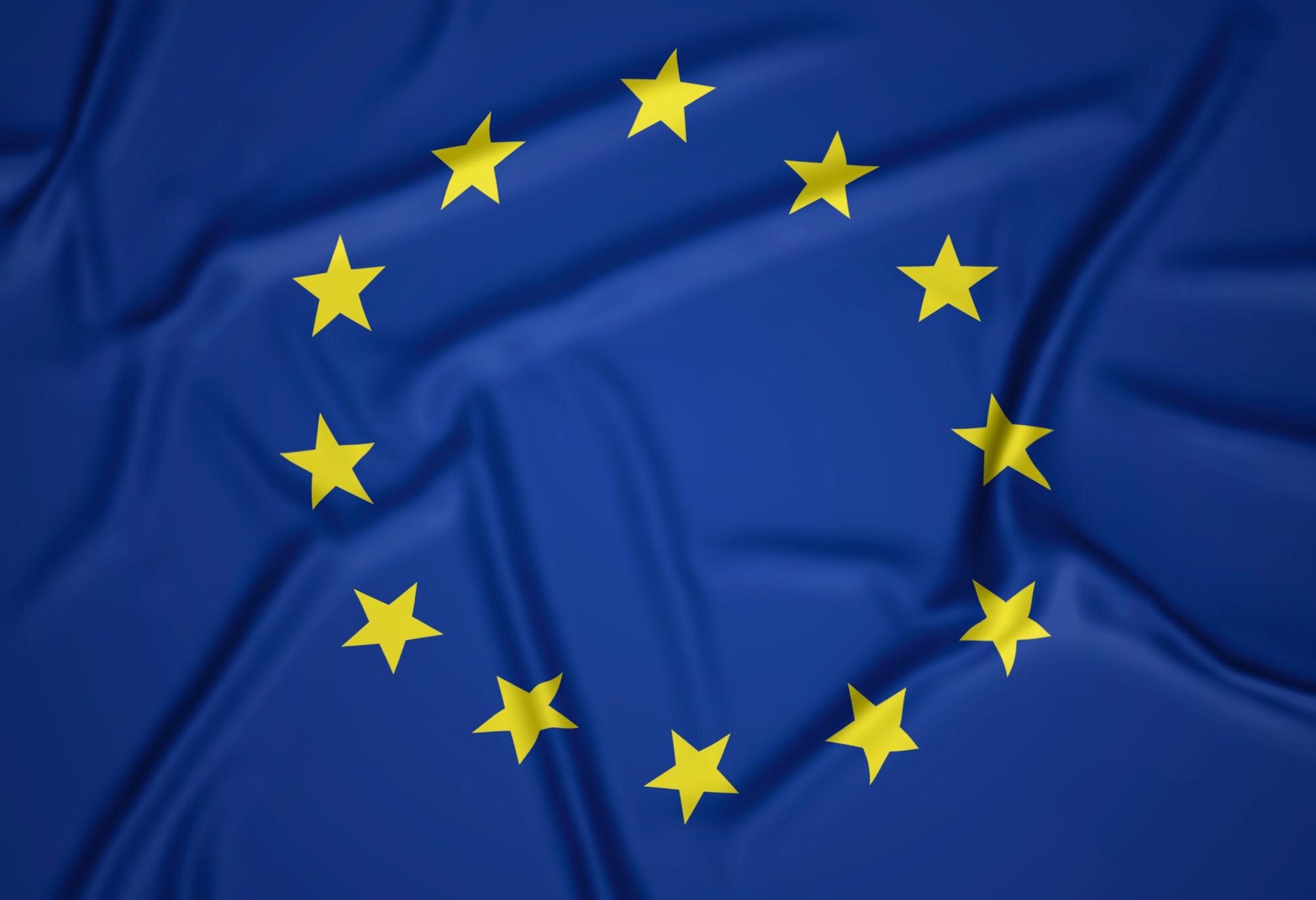The European Commission has published a draft Directive developed by the Council of the EU, which outlined rules on how to prevent the illegal use of shell companies in order to “circumvent” tax conditions. The latest EU intentions as for minimum substitution size amended Directive 2011/16/EU.
The measures that were outlined in the draft can be divided into two categories: the first one is indicators, in accordance with which a decision is made about the fictitious nature of a particular legal entity; the second is the sanctions applicable to firms that have been identified as bogus.
The designated indicators represent three “gateways” that relate to the company’s income-generating activities, the cross-border interaction of the organization and that part of its work that is transferred to other enterprises. An activity gateway can be considered completed if 75+% of the company’s total income is not received from trading operations, or if more than 75% of the organization’s assets are real estate or other property with a particularly high value. A cross-border gateway can be considered fulfilled when most of the income comes to the company from operations performed in other jurisdictions, or the firm transfers the income to other organizations located abroad.
If, if the first two criteria are met, the third “outsourcing” gateway can also be considered fulfilled, the company must provide tax officials every year with information regarding the premises in which it operates, bank accounts and tax residency of persons holding managerial positions, and employees in general. An organization that does not meet at least one of the substitution indicators can be classified as bogus, and, accordingly, it will be denied tax benefits. In addition, any payment sent to third countries from another party will be subject to withholding tax on the client’s side.
In order to assist in identifying a front company, the relevant authorities of the EU member states will need to maintain an automatic exchange of information regarding all companies subject to the Directive’s provisions, regardless of whether they are considered to be dummies or not. To ensure this, Council Directive 2011/16/EC governing administrative cooperation in the field of taxation will be amended further. Member States of the EU will also be empowered to require another Member State to conduct a tax audit of any reporting person there and communicate the results to the requesting State.
Let’s summarize
EU intentions as for minimum substitution size are intended to prevent and, if possible, minimize the violation of the use of tax incentives by enterprises, as well as illegal activities of front companies in general. By complying with these rules, it will also be possible, among other things, to increase the transparency of the functioning of front companies for tax dealerships.
Therefore, among the minimum requirements that an enterprise must meet in order not to be classified as bogus, the following can be distinguished:
- own or have exclusive use of premises located in the Member State where the company is registered;
- open an active account in one of the EU banking institutions;
- hire at least one director with the appropriate qualifications, who would have the status of a tax resident of the Member State in which the company is registered; or, to have in your state most of the tax residents of the country.
The EU Commission assumes that these provisions will take effect on 1 January 2024. However, first, they must be pre-approved by each of the member states.
If you are interested in the entrepreneurial field and want to realize your own commercial plans, then the ELI DEAL is at your service. We propose many lucrative offers of companies for sale in various categories, in particular, “Banking License“, “AEMI/EMI (Authorized Electronic Money Institution license)“, “Cryptocurrency Exchange License“, and many others.
We reccomend you to pay your attention to the recent businesses for sale. Our specialists will provide you with full support. Contact us anytime.


